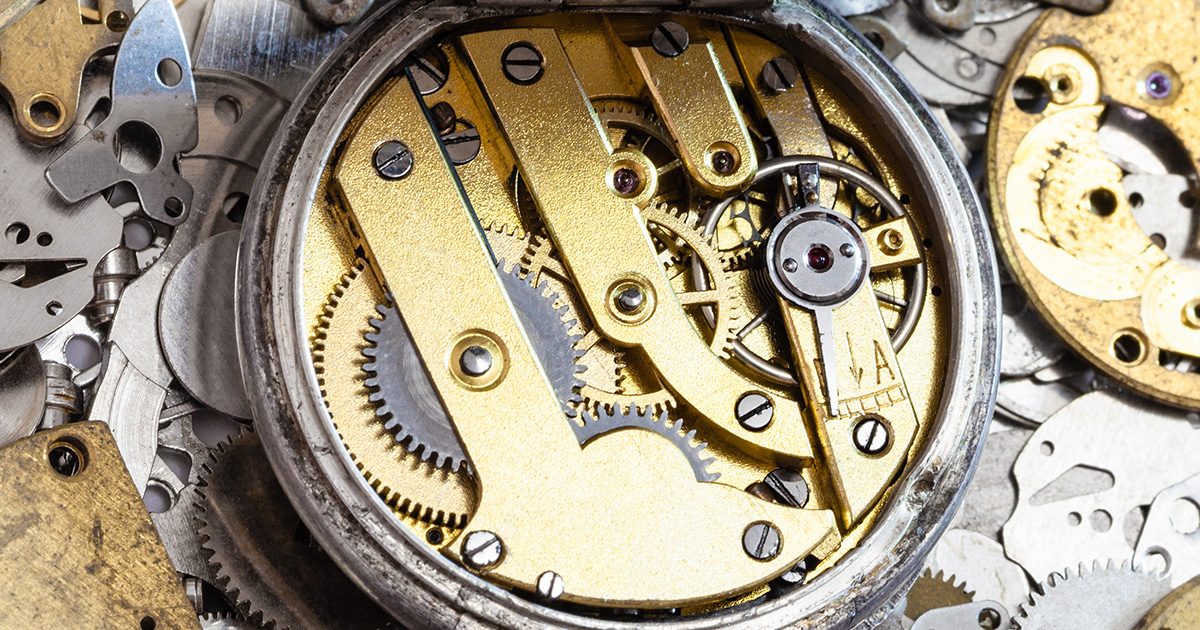

A History of Time-keeping
One of the best gifts Christians can give the world is a re-contextualization of time.
03/7/22
John Stonestreet Kasey Leander

“From Neolithic constructions to atomic clocks, how humans measure time reveals what we value most,” writes Clara Moskowitz in Scientific American. She’s reviewing physicist Chad Orzel’s new book A Brief History of Timekeeping, and her comment is an insightful one.
We may not think measuring time is an extension of worldview, but it is. Os Guinness puts it this way: “Accelerated time is one of the primary shapers of our modern world and far more influential than any individual modern thinker.”
Our tools have made us incredibly productive, but they also encourage us to ignore the contextual clues from the world around us. Under the glare of LED lights, for example, we can stay up and work when even our hardest-working forbears would have chosen rest.
One of the best gifts Christians can give the world is a re-contextualization of time. Like professor Kelly Kapic writes in his book You’re Only Human, “What we want most is to live in harmony with time, instead of being driven by it.” We may have gained productivity with our calculated time, but we lost some things as well.
Have a Follow-up Question?
Up
Next

Related Content

© Copyright 2020, All Rights Reserved.













